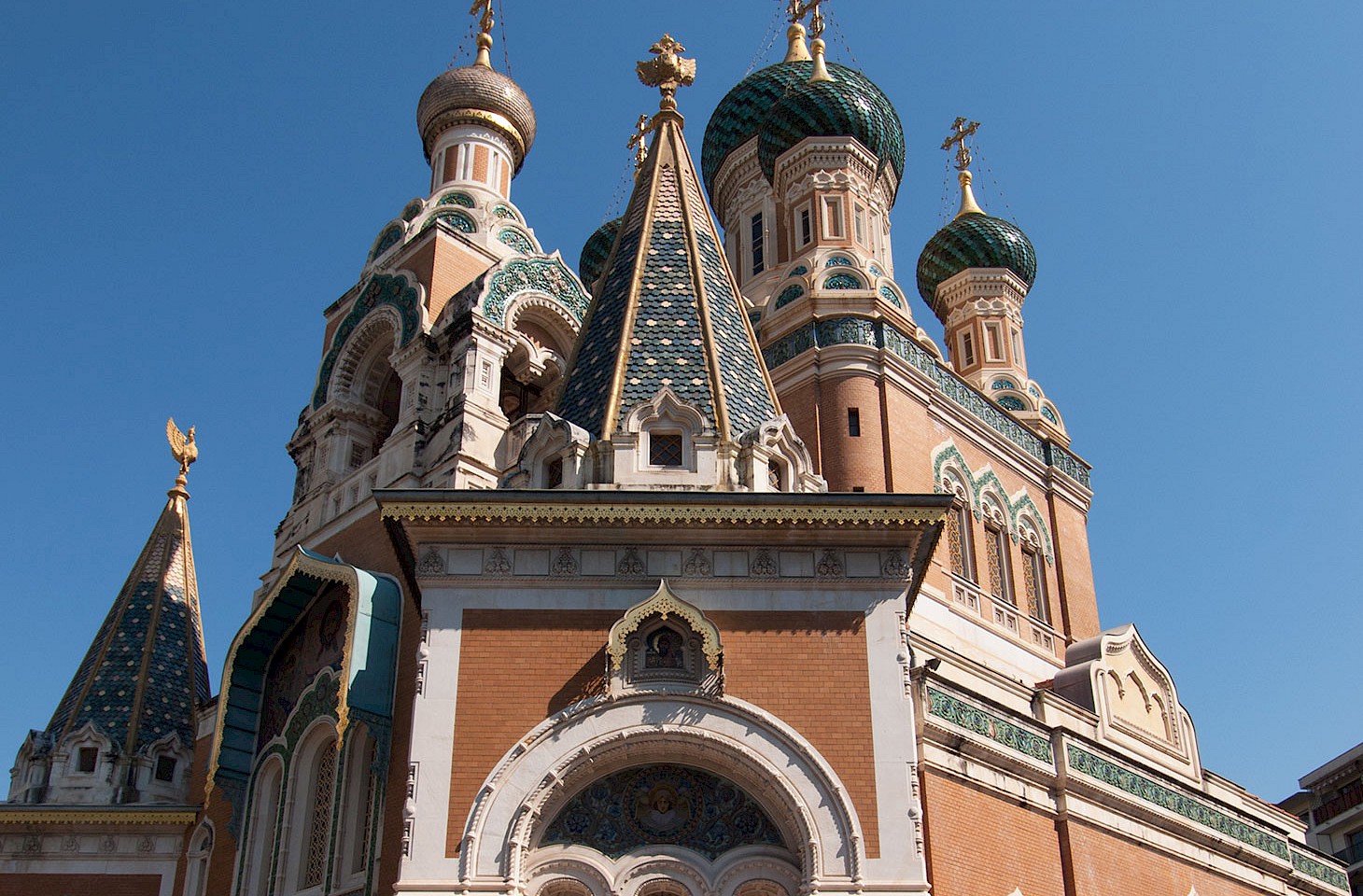Dear fellow travellers
Today is 7 January, and for Orthodox Christians in central and eastern Europe, and around the world, the Feast of the Nativity. Christmas may have come and gone in western Europe, but it is good to remember that, for most of our continent, the great religious and cultural rituals of Christmas reach their apotheosis only today.
Cetinje, a little town that sits on a plain high in the mountains of the Republic of Crna Gora (Montenegro), is the onetime capital and still the spiritual centre of the Balkan republic that finds itself nowadays ambiguously attached to Serbia. Last evening, as on every Christmas Eve in Cetinje, people gathered at dusk for the traditional burning of Yule logs. Great branches draped in coloured silks and doused in wine were set alight. As so often in this part of Europe, even religious celebrations take on a political edge. For Cetinje, a town full of churches, history and shady avenues of lime trees, is split in its religious loyalties. For most people nowadays, it is the upstart Montenegrin Orthodox Church that commands respect. Serbia would have it otherwise, and the Serbian Orthodox Church still vies for attention. In Cetinje - a spot inscribed on the heart of every Montenegrin - the local independent Montenegrin Orthodox Church wins out in the numbers game, but at some places down on the coast, like Kotor and Herceg-Novi, attendance at the Serbian churches remains very buoyant.
Churches, it seems, take longer than most institutions to adjust to new political realities. Elsewhere in the Balkans, there are still rumblings over the status of Orthodox clerics in Macedonia. Locals take it as axiomatic that the Macedonian church is independent, a view not quite in accord with that of the Serbian Patriarchate. Such fractures in the Orthodox world are legion, with still simmering tensions between the rival Russian and Estonian Orthodox churches in Estonia.
Christmastide till Candlemas Eve
Many Roman Catholic areas of Europe, particularly as one moves east across the continent, are still handsomely bedecked with Christmas decorations, a reminder that traditionally the Christmas season runs from the Vigil of Christmas to the Eve of Candlemas; that is for 40 days from dusk on 24 December until the evening of 1 February. Woe betide the family that allowed the decorated tree to be seen before sunset on Christmas Eve, and equally bad luck on those who still had their houses decorated on Candlemas Day (2 February).
For modern English readers, this will come as a particular surprise, for commercial interests have dictated a massive temporal shift in England's Christmastide, with Christmas now starting in the shops some time in late October and ending at dawn on St Stephen's Day (26 December, called Boxing Day in England), when the shops reopen for their post-Christmas sales. For observers elsewhere on the continent, the preoccupation of the English with 'getting rid of' their Christmas decorations and tidying up their houses before Christmastide has really even got underway is utterly unfathomable. Happily, it was not always so, as the seventeenth century English poet Robert Herrick reminds us in his Ceremony upon Candlemas Eve.
Down with the rosemary, and so
Down with the bays and mistletoe;
Down with the holly, ivy, all
Wherewith ye dress'd the Christmas hall.
That Christmas quiz
So, for those who found themselves utterly baffled by our Christmas quiz (which appeared in our 22 December newsletter no. 2005/26), click here to check out the answers (with the original questions too). And, for those who didn't recognize the foreign phrase that concluded that last newsletter, it was Christmas greetings rendered in Manx - the language of the Isle of Man.


